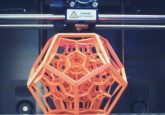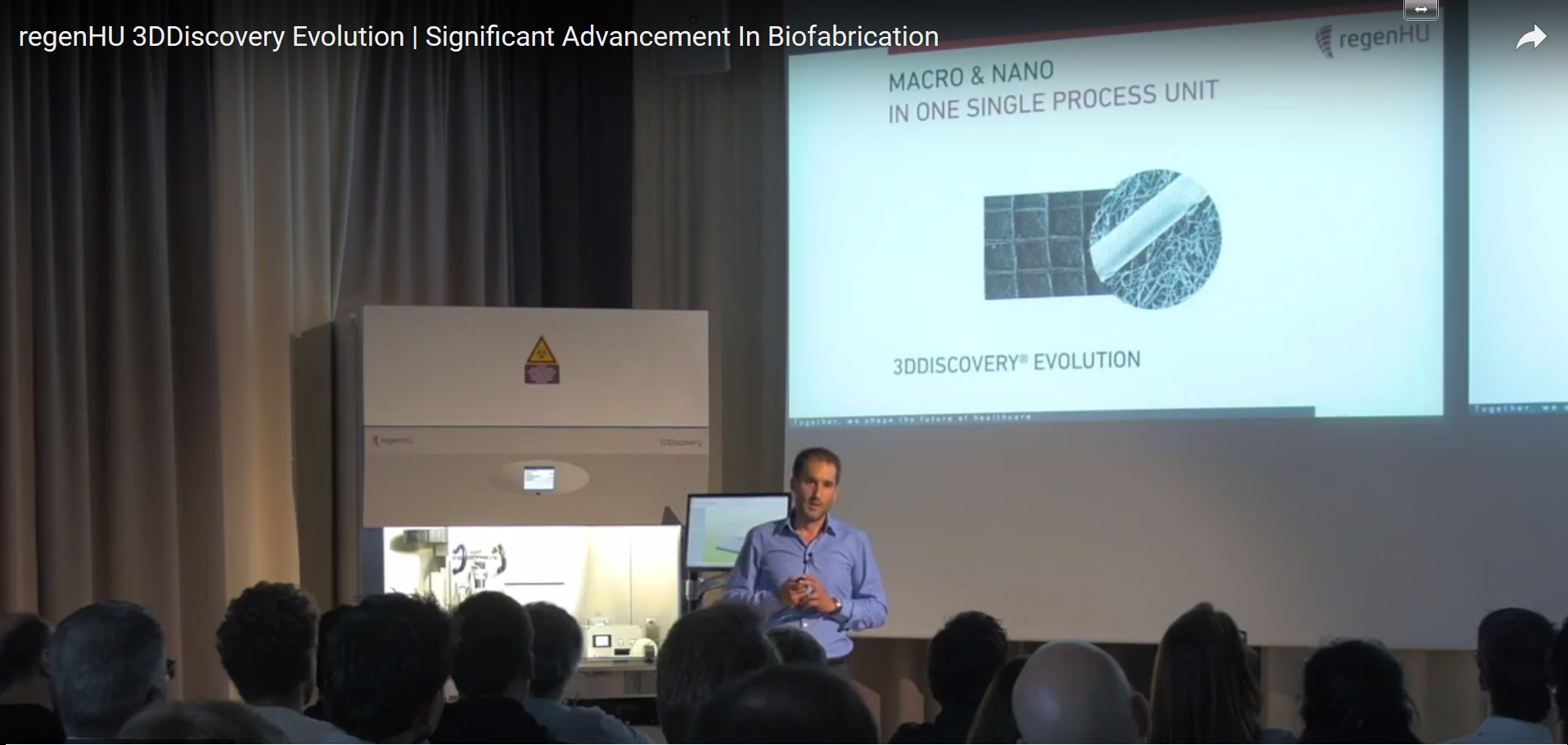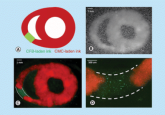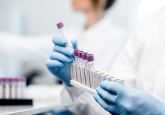3D printed surgical models for babies with esophageal atresia

Christchurch Hospital (Christchurch, New Zealand) has utilized 3D printing to train surgeons for esophageal atresia conditions in babies by producing realistic surgical models. A team at Christchurch Hospital (Christchurch, New Zealand) is utilizing 3D printing to produce models of the chests of babies with esophageal atresia, in order to train surgeons. Esophageal atresia is a congenital abnormality that affects 1 in 4000 babies, the most common characterized by the upper esophagus coming to a dead end rather than running to the stomach. This means that the baby is not able to swallow food, and there is a risk of overflow...





